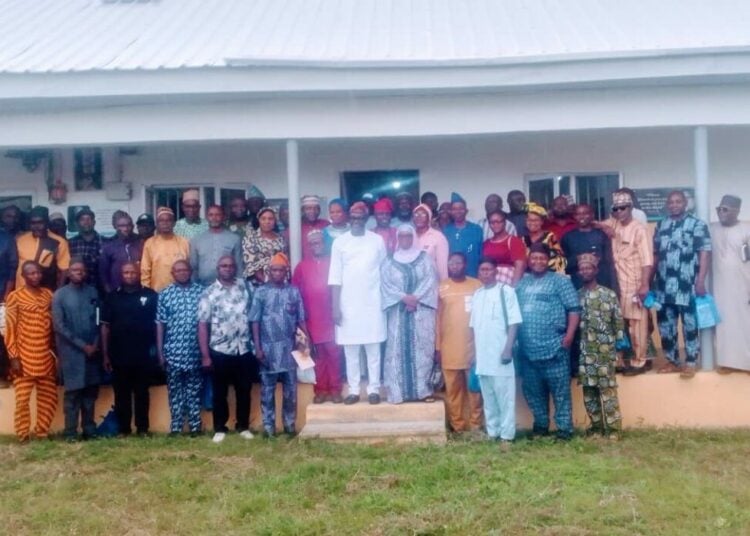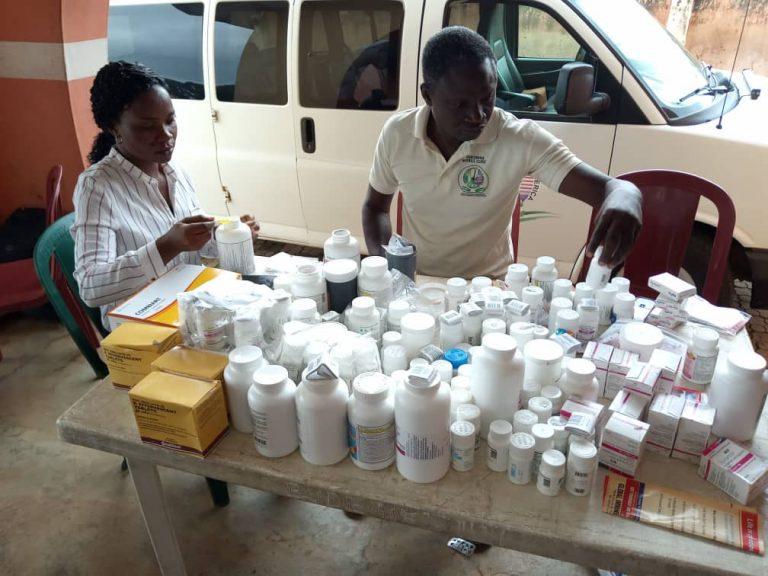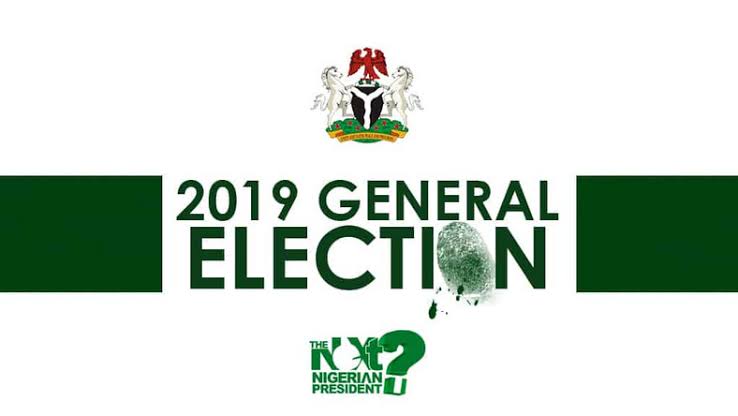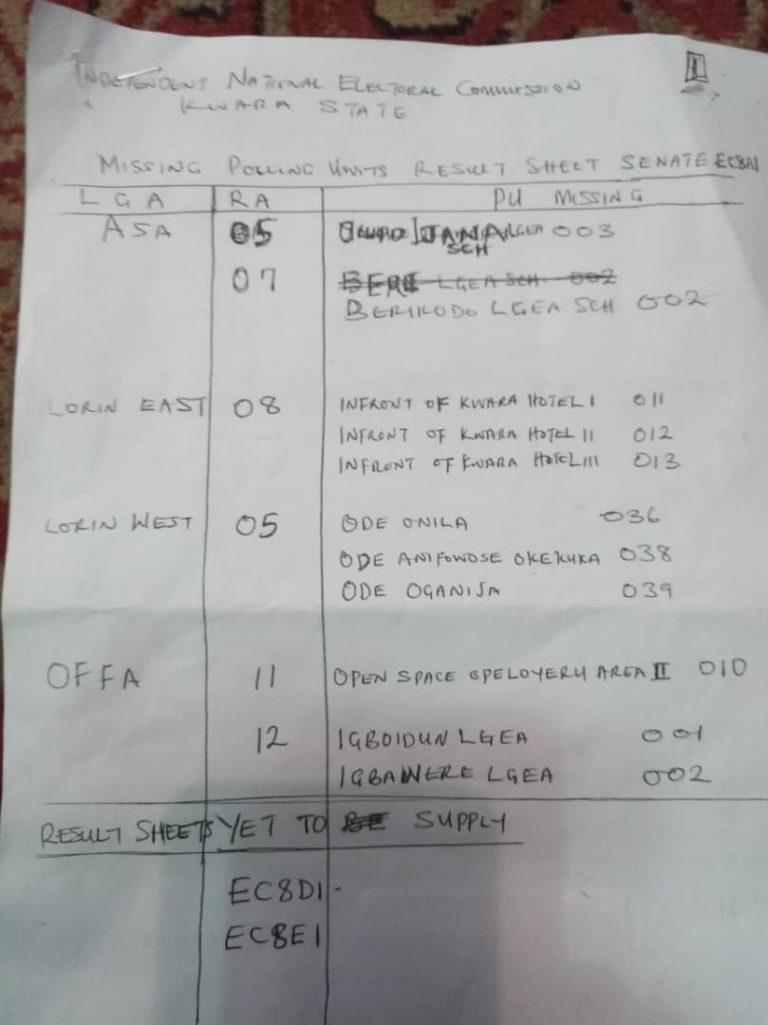Kogi govt bans graduation ceremonies of basic, secondary schools to address economic pressures on parents
In a decisive action aimed at reducing financial stress on families, the Kogi State Government has announced an immediate ban on graduation ceremonies in all basic and secondary schools across the state.
The Commissioner for Education, Hon. Wemi Jones, shared this development during a stakeholder meeting in Lokoja on Wednesday.
“The practice of incessant graduation ceremonies in nursery, primary, and secondary schools is hereby prohibited in the state with immediate effect,” Jones declared, citing the economic burden and social issues that have arisen from such celebrations as key reasons for the ban.
Furthermore, the government has extended this prohibition to signing-out ceremonies at tertiary institutions, both within and beyond Kogi State.
Jones emphasized that these celebrations have become unsustainable for many families and have led to adverse social consequences.
“This initiative aims to reduce the financial burden on parents while promoting a more meaningful approach to celebrating students’ accomplishments,” he stated, underlining the government’s commitment to supporting families.
In addition to the ban, Kogi State has introduced a new policy mandating that parents supply separate notebooks for classwork and assignments, rather than using textbooks as workbooks.
“The use of textbooks as workbooks, especially in private schools, must stop,” Jones remarked. “Parents must provide separate notebooks for their children.”
The commissioner also announced new regulations requiring students to complete mock examinations as a prerequisite for registration with the West African Examination Council (WAEC).
“We’ll ensure that students progress through required classes without jumping grades,” he noted.
These measures are part of a broader strategy to enhance the quality of education in Kogi State and to ensure compliance with the Kogi State Education Law enacted in 2020. Jones urged stakeholders to support the Ministry’s efforts in fully implementing these policies.
The response from stakeholders was largely positive, with many commending the ministry for its dedication to educational improvement.
However, they called for the hiring of more teachers in public schools and suggested the formation of a committee to oversee textbook regulation according to state standards.
“We’ll work together to develop education, reduce out-of-school children, and ensure compliance with laws,” Jones reiterated, emphasizing the shared responsibility in transforming education in Kogi State.
Source: LEADERSHIP







